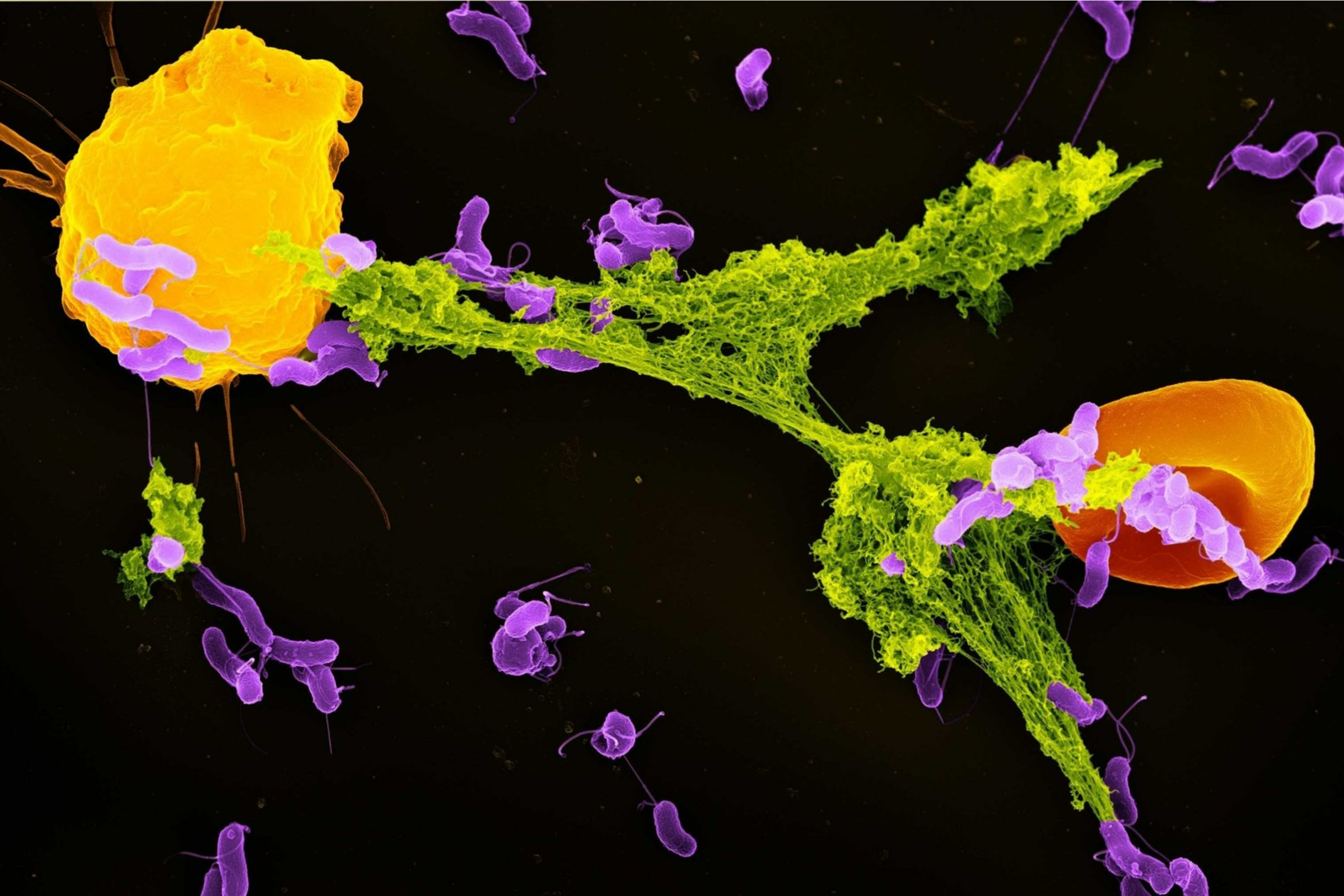A simple lunchtime habit may significantly lower the risk of developing dementia, a condition currently affecting nearly one million people in the UK. According to Dr. Saurabh Sethi, a gastroenterologist with a substantial following on social media platforms, incorporating **30 grams of unsalted nuts** into one’s daily diet could reduce the risk of all-cause dementia by **17%** compared to those who do not consume nuts regularly. Dr. Sethi, who trained at the prestigious **Harvard** and **Stanford** universities and holds a Master’s in Public Health from the **University of Texas School of Public Health**, shared these insights in a recent Instagram video.
Dr. Sethi emphasized the nutritional benefits of nuts, stating, “Nuts are rich in bioactive compounds, including antioxidants, unsaturated fatty acids, and fiber, which contribute to improved brain and gut health.” He likened a **30-gram** serving to “just a handful of nuts a day,” making it an accessible addition to a balanced diet.
Benefits and Accessibility of Nuts
Incorporating a variety of nuts can enhance dietary diversity. Major supermarkets, including **Asda**, **Tesco**, **Sainsbury’s**, and **Morrisons**, offer convenient options. For budget-conscious consumers, **Aldi** provides a mixed bag of nuts for approximately **£1.75**, containing almonds, cashews, hazelnuts, and walnuts. This **200-gram** package is estimated to yield about six servings based on the recommended serving size.
Dr. Sethi noted that even consuming a single type of nut can still deliver health benefits. A small handful of nuts typically contains around **200 calories**, making them a relatively healthy snack choice for individuals monitoring their caloric intake. Nevertheless, he cautioned that the benefits of nuts are maximized when consumed as part of a balanced diet, stating that “eating nuts alone will not yield significant health improvements unless paired with other nutritious dietary options.” He personally fulfills this recommendation by enjoying “a handful of mixed nuts at lunchtime” each day.
Understanding All-Cause Dementia
The term “all-cause dementia” refers to various types of dementia, which encompass conditions and injuries leading to brain damage and cognitive decline. This broad category includes Alzheimer’s disease, vascular dementia, and dementia with Lewy bodies. According to the **Alzheimer’s Society**, it is estimated that between **944,000** and **982,000** people in the UK are currently living with this condition. Projections indicate that this figure may surpass **one million** by **2030** and reach **1.4 million** by **2040**. On a global scale, approximately **55 million** individuals are affected by dementia, with estimates suggesting this number will climb to **139 million** by **2050**.
The Science Behind Nuts and Brain Health
Research indicates that daily nut consumption may be linked to a reduced risk of dementia, particularly when included as part of a balanced diet. Nuts are believed to protect brain health due to their rich content of antioxidants, omega-3 fatty acids, vitamin E, and other essential nutrients. For example, walnuts, which are high in the plant-based omega-3 fatty acid alpha-linolenic acid (ALA), are thought to support cognitive health.
A study conducted by the **UK Biobank** found that individuals who consumed nuts daily had a lower risk of dementia compared to those who did not. The findings suggest that eating plain, unsalted nuts every day can help mitigate dementia risk and that reducing salt intake is beneficial.
Despite these promising correlations, Dr. Sethi cautioned that more research is necessary to solidify these conclusions. He also advised individuals with allergies to peanuts or tree nuts to avoid them unless otherwise directed by a healthcare professional. Additionally, those who have difficulty swallowing should be cautious with nuts to prevent choking hazards. For individuals prone to kidney stones, it may be wise to limit high-oxalate nuts such as cashews and Brazil nuts, and those with high blood pressure are encouraged to avoid salted nuts due to their elevated sodium content.
In summary, adopting a simple habit of consuming unsalted nuts at lunchtime could contribute to a significant reduction in dementia risk, offering a straightforward way to enhance overall health.







